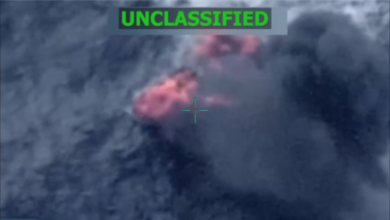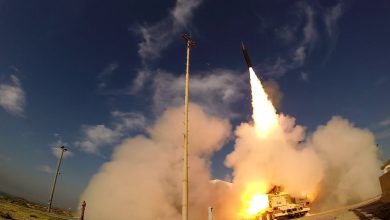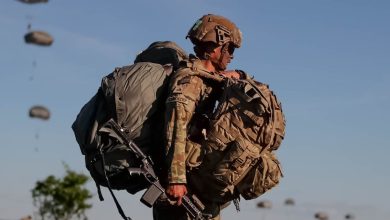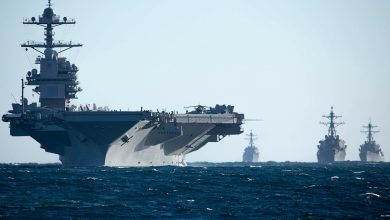Britain to upgrade military pilot training with $400 million package

MILAN — Plagued by retention challenges, the United Kingdom has committed fresh funds to increasing the number of trainees within the Royal Air Force and Navy who can train in new facilities and with novel capabilities.
The scale-up will be enabled by the allocation of a £300 million ($401 million) contract by DE&S, the procurement arm of the Ministry of Defense, to U.K.-based company Ascent Flight Training.
Such an investment will result in a four-fold increase in mission aircrew trainees to 140 per year and equip them with the skills to operate a wide range of aircraft, according to an MoD statement.
The recruits will be taught in new buildings at the Royal Naval Air Station in Culdrose and the Royal Air Force Station near Cranwell using new technology geared towards reducing flight hours and carbon footprint.
The equipment will be delivered by a mix of U.S. and British providers, including Lockheed Martin which will supply state-of-the-art mission simulated environments. Draken International will support the upgraded fleet of Textron King Air 350E Avenger aircraft and the London-based Babcock International Group will build two of the new training complexes.
Such a contract is part of the Future ISTAR and Rear Crew Training System, or FIRCTS, a program implemented by the UK MoD to modernize current training systems for mission aircrew and enhance training capability.
“Once training is complete, mission aircrew will be qualified to operate the latest applicable innovations on platforms such as Merlin Mk2 and Wildcat helicopters, Poseidon MRA1 aircraft, Rivet Join and remotely piloted systems such as the Protector RG Mk1,” the DE&S release said.
The first trainees are expected to be able to use the new training system beginning in 2027.
While the British Armed Forces have been experiencing recruitment challenges for some time, officials have said that some branches are now doing better than others at retaining numbers.
Last month, a report from the UK Defence Journal noted that the Chief of Defence Staff Adm. Sir Tony Radakin informed Members of Parliament that the military was declining at a monthly rate “of about 200 to 300,” but that the Navy has “stabilized” and the Air Force remains “reasonably stable.”
Elisabeth Gosselin-Malo is a Europe correspondent for Defense News. She covers a wide range of topics related to military procurement and international security, and specializes in reporting on the aviation sector. She is based in Milan, Italy.







